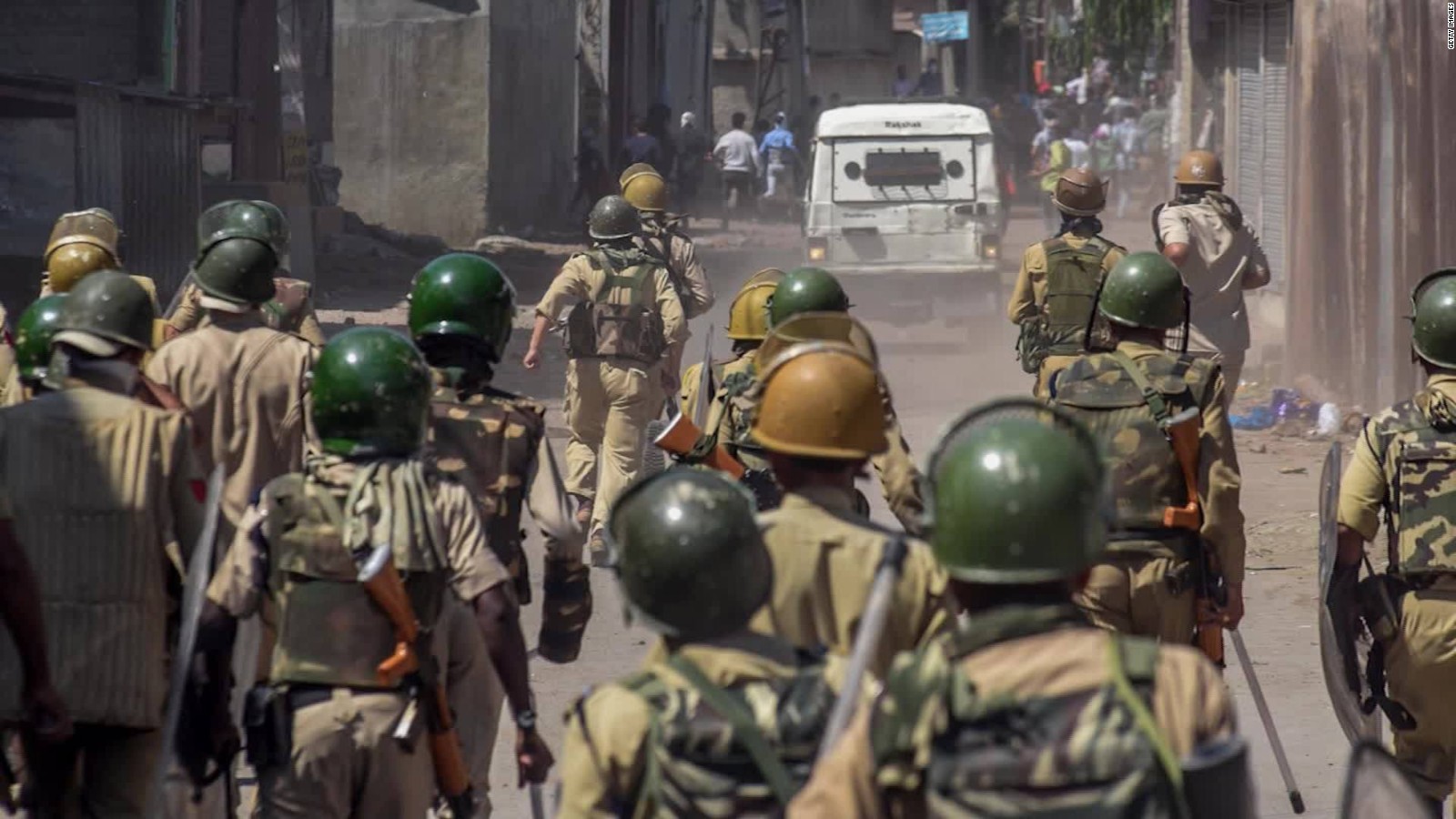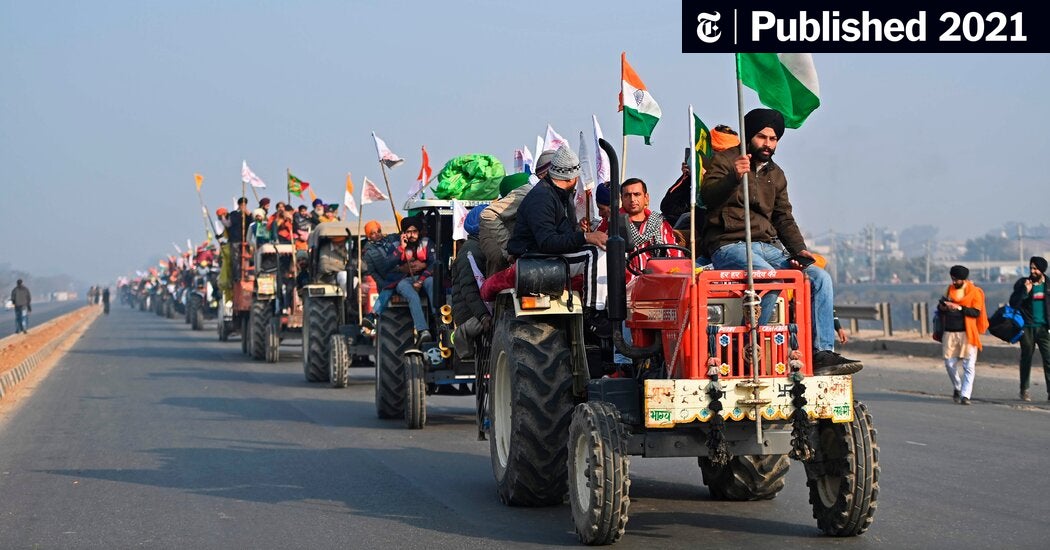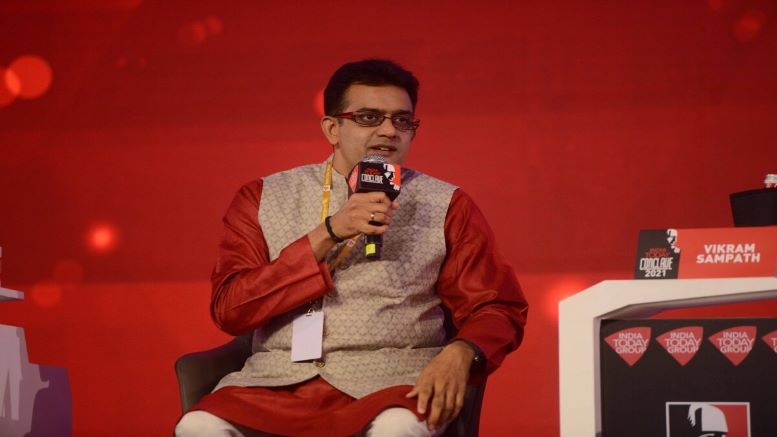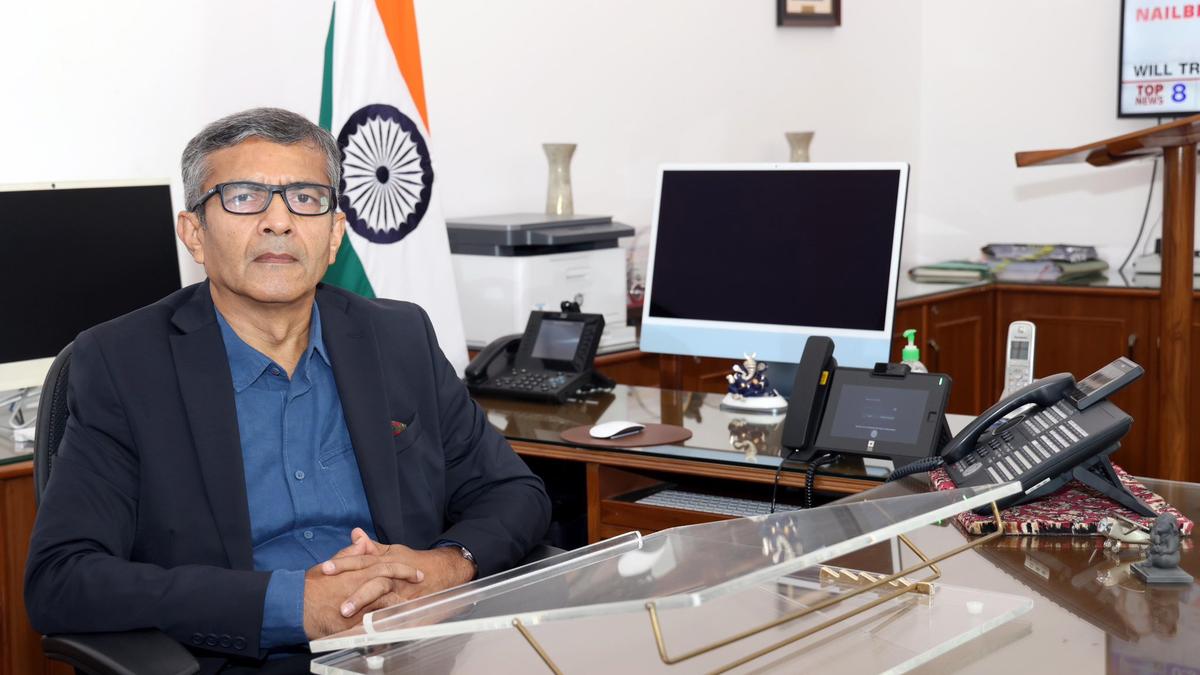


Political leaders from Bihar, including Bihar CM Nitish Kumar, BJP leader Ravi Shankar Prasad, and RJD spokesperson Subodh Kumar Mehta, have welcomed the posthumous honouring of former Deputy CM Sushil Kumar Modi with the Padma Bhushan. The decision has been praised as a matter of pride for the state, as Modi was a dedicated and meticulous political worker who played an important role in the success of the Bihar turnaround. Even opposition parties such as RJD and Congress have acknowledged his contribution to the political landscape.
Bihar Leaders Hail Posthumous Padma Bhushan Honor for Former Deputy CM Sushil Kumar Modi
The posthumous conferment of the Padma Bhushan, India's third-highest civilian honor, upon former Bihar Deputy Chief Minister Sushil Kumar Modi has been met with widespread applause from political leaders across the state.
Background
Sushil Kumar Modi, a veteran leader of the Bharatiya Janata Party (BJP), served as Deputy Chief Minister in the Bihar government from 2005 to 2017 under the leadership of Nitish Kumar. He played a pivotal role in the "Bihar turnaround," a period of unprecedented economic and social development in the state. Modi was known for his intelligence, political acumen, and dedication to public service.
Response from Political Leaders
Bihar Chief Minister Nitish Kumar praised Modi as a "dedicated and meticulous political worker" who left an indelible mark on the state's progress. BJP leader Ravi Shankar Prasad said, "The Padma Bhushan is a fitting tribute to Modi's immense contribution to Bihar."
Opposition leaders, including Subodh Kumar Mehta of the Rashtriya Janata Dal (RJD) and Prem Chand Mishra of the Congress, also acknowledged Modi's contribution to the political landscape.
Top 5 FAQs
1. What are the criteria for receiving the Padma Bhushan? The Padma Bhushan is awarded for distinguished service in various fields, including arts, education, sports, and public affairs. Recipients must have made exceptional contributions to society.
2. Who made the decision to award the Padma Bhushan to Sushil Kumar Modi? The decision was made by the Government of India based on recommendations from various sources, including the Padma Awards Committee.
3. What was Sushil Kumar Modi's political stance? Modi was a dedicated member of the BJP and played a key role in the party's success in Bihar. He was known for his pro-development policies and strong leadership.
4. What was Modi's role in the "Bihar turnaround"? As Deputy Chief Minister, Modi played a crucial part in implementing economic and social reforms that transformed Bihar into one of the fastest-growing states in India.
5. How will the posthumous honor impact the political landscape in Bihar? The conferment of the Padma Bhushan on Modi is expected to further enhance his legacy and serve as an inspiration to aspiring politicians in Bihar.

Members of the Kashmiri Pandit Association and the Jammu and Kashmir Dogra Samaj gathered in Mumbai to honor and mourn the Hindu civilians brutally killed in Pahalgam, Kashmir. The community representatives stated that the victims were targeted solely for their religious identity, reigniting concerns about minority safety in the conflict-prone region. The attendees stood in silence, holding placards and candles, to remember the victims and to demand justice and protection for vulnerable communities. The organizers emphasized the need for national unity and called upon authorities to take swift action against such attacks. They also stressed the importance of civil society standing up against communal violence through peaceful but firm action.

The Indian government has announced the implementation of a demerit point system for traffic violations, in an effort to reduce road accidents. Under this new system, drivers will receive demerit points for infractions such as speeding and running red lights, with accumulation of too many points potentially leading to suspension or cancellation of their driving licence. This initiative is part of a larger plan to improve road safety measures in India, which have come under scrutiny due to the high number of traffic-related deaths.

In the midst of escalating tensions between India and Pakistan, the Indian Railway Ministry has issued an advisory to its employees, cautioning them against sharing confidential information about military train movements with unauthorized persons. This comes as a response to possible attempts by Pakistani intelligence agencies to seek information about such movements. The advisory highlights the gravity of the situation and urges railway officials to be vigilant and not disclose any information to unauthorised individuals.

In the aftermath of the conviction of Dera Sacha Sauda chief Gurmeet Ram Rahim, a series of events have unfolded. Punjab's Chief Minister condemned Haryana's CM for blaming Punjab, Indian Film and Television Directors' Association canceled the Dera Chief's membership, and Twitter has frozen his official account. Additionally, his son has been appointed as the executive manager, leading to more speculation about the Dera Sacha Sauda's influence and power. The riots that have occurred in northern India since the conviction only further highlight the chaos surrounding this controversial figure. With the Dera Chief's influence on politics and the masses, it is clear that his actions have long-term consequences.

In a closed-door consultation, the UN Security Council discussed the recent terror attack in Jammu and Kashmir and called for de-escalation between India and Pakistan. The meeting, called by Greece, did not result in a statement, but Pakistan claimed its objectives were "largely served". The UNSC President described it as a "productive and helpful" meeting, while Pakistan's Permanent Representative stated that their objectives of having a discussion on the situation and the need for dialogue were achieved.

The ongoing farmers' movement in India is facing further obstacles as senior leaders, including Jagjit Singh Dallewal, have been placed under house arrest a day before a scheduled protest. This move by Indian authorities has been met with criticism from farmer organizations, who were planning a peaceful protest outside a police station. The arrests are being seen as a preemptive measure by the authorities, who fear a large-scale gathering against the government's alleged use of repressive methods. In the midst of this, Congress leader Mallikarjun Kharge is set to address a rally as part of the party's 'Save the Constitution' campaign in Jharkhand.

Speaking at the india@2047 summit, renowned historian Vikram Sampath challenged long-held historical narratives in India and called for a reevaluation of the nation's past. He highlighted the impact of colonialism on shaping India's historical consciousness, and the failure of successive regimes to correct this narrative. Sampath emphasized the importance of reclaiming India's civilizational ethos and fostering a culture of scholarly debate, driven by evidence rather than ideology. He also acknowledged the role of youth in driving independent research efforts that challenge established narratives.

The Enforcement Directorate has charged Congress leaders Sonia and Rahul Gandhi in the National Herald case, which was based on a complaint filed by BJP MP Subramanian Swamy in 2012. The complaint alleges that the Gandhis, along with other Congress leaders, conspired to transfer assets worth hundreds of crores to a company called Young Indian. The Congress has called the charges a political vendetta by the government. This development has further escalated the ongoing political rivalry between the two parties.

In a press conference, BJP spokesperson Sudhanshu Trivedi accused the Congress and its allies of continuously targeting the Indian Army through their statements, comparing them to Pakistan's anti-India activities. He also criticized UP Congress chief Ajay Rai for displaying a toy plane with lemons and chillies to represent Rafale jets parked with "nimbu-mirchi" (for warding off evil eye). Trivedi called on the government to take action against Pakistan following the Pahalgam terror attack and questioned the INDIA bloc's statement of being united with the government but having leaders making anti-India statements.

Following the deadly terrorist attack in Pahalgam, Jammu and Kashmir, Defence Secretary Rajesh Kumar Singh met with Prime Minister Narendra Modi to discuss the ongoing situation and response to the attack. This meeting comes after the Air Chief Marshal and Admiral of the Indian armed forces also met with the Prime Minister. Last week, PM Modi gave the armed forces "complete operational freedom" in dealing with terrorism and the United Nations Security Council is holding a closed consultation on the tensions between India and Pakistan.